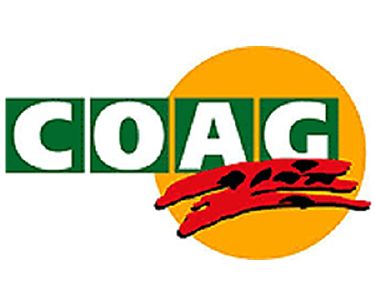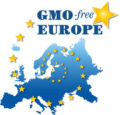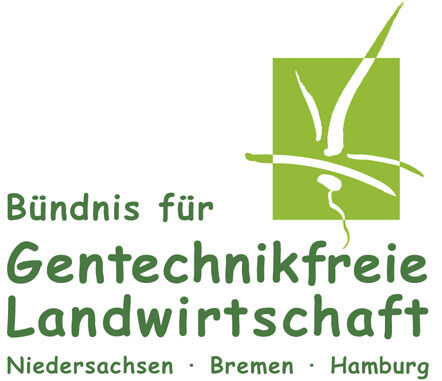GMO-Free Europe 2010 Sponsors
Raising the funds required for our European GMO Free Regions conference is a always a major challenge. We are still short of the necessary funds especially to allow for the participation of friends from small NGOs and from Eastern Europe. Millions of public money are spent annually to promote the introduction of GMOs into European agriculture both by the EU Commission and the governments of member states. No such money is available to organise a meeting like “GMO Free Europe”, nor do we enjoy the support of big corporations. In addition to the funds contributed by the organisers, we take pride in being supported by small and medium sized enterprises, organisations and foundations. They contribute to this event despite the fact that this is certainly not the most effective way of advertising and promotion towards their custumers. Thank you for sharing the responsibilty of keeping Europe GMO free!
The 6th European Conference of GMO-free Regions is made possible by generous donations from:

Schweizerische Arbeitsgruppe Gentechnologie SAG
The Swiss working group on genetic engineering (SAG) is a critical forum on GMO issues, a platform for discussion, information exchange and action of organisations and individual members who share a critical approach to genetic engineering. Today the SAG is the umbrella association of 26 swiss organisations working on environmental questions, nature protection, animal welfare, medicine, development, organic agriculture and omsuner protection. In 2009 the SAG organised the 5th European GMO Free Conference “Food and Democracy” in Lucerne.
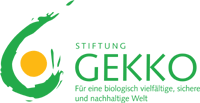
GEKKO Foundation
The Gekko Foundation started its operation in June 2008 in Hamburg to promote a biologically diverse, safe and sustainable planet. The foundactions focus is on the support of organisations and campaigns promoting a gmo free agriculture and food production. It also supports information activities for consumers, schools and interersted lay persons and supports critical research on the risks of GMOs in agriculture.
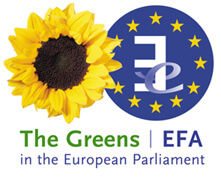
The Greens/European Free Alliance
The Greens/European Free Alliance is a European parliamentary group made up of Greens and representatives of stateless nations and disadvantaged minorities.
It is born in July 1999 from the will of two separate and progressive European political families to co-operate in the European Parliament.
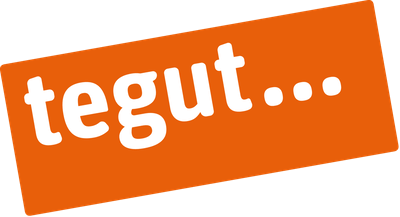
tegut…
Good food (in German Lebensmittel, literally “means of life”) is the basis of life quality and well being. Good for the body as they guarantee balanced and healthy nutrition. Good for the soul as they provide pleasure. offering good food to contribute to a good life is the priority goal of the tegut … trading company.
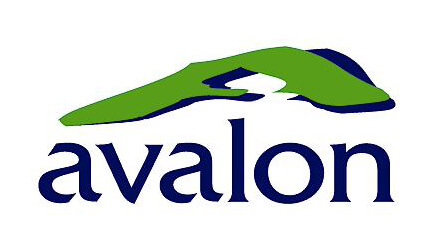
Avalon
It is Avalon’s mission to contribute to an environmentally, socially and economically sustainable agriculture and rural development in the countries in the Central and Eastern European region and beyond. Avalon’s operations are on the cutting edge of sustainable agriculture and nature conservation.
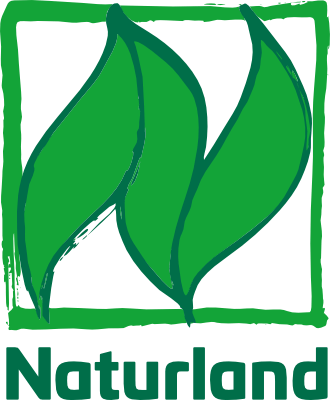
Naturland – Verband für ökologischen Landbau e.V.
Naturland promotes organic agriculture and with its 55 000 farmers is among the biggest organic producer associations of Germany. For a future oriented association organic competence and social responsibilty go hand in hand. Naturland farmers and processors follow highest standards, well above the minimum EU standard, producing high value food without GMOs and to the protection of the environment and the consumers. Beyond food production , Naturland is also in active in other areas such as forestry, fibre production and cosmetics.

Die Regionalen (the regionals)
Working national and still local: From north to south “the regionals” are a nationally operating association of 13 German regional natural food wholesalers.
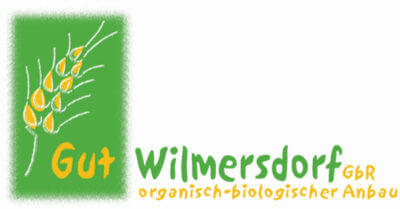
Wilmersdorf manor
Wilmersdorf manor is a Bioland and EU certfied organic cropping farm since 1996. Its land is part of the UNESCO biosphere area Schorfheide-Chorin, north of Berlin, a unique nature reserve with large forests, wide and open landscapes and a wealth of animal and plant diversity. Wheat, spelt, rye, barley as well as lupines and clover are cultivated on 1100 hectares. The products are being cleaned, dried and stored on farm and distributed to organic bakeries, mills, breweries and feed producers around Germany. Wilmersdorf manor is also a partner and co-organiser of the biggest individual gmo-free region in Germany.
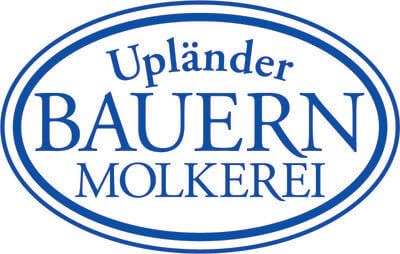
Upländer Bauernmolkerei
Upländer Bauernmolkerei is a farmers diary, operated by organic farmers and a regional eco enterprise. its marketing concept is aiming at the local market and our philosophy simply is: Every liter of milk contains a beautyful part of this region.
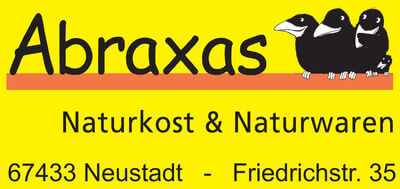
Abraxas Naturkost/Naturwaren Handels-GmbH
Das Bio-Fachgeschäft Abraxas Naturkost entstand im August 1991. Gegründet von Achim Bertsch und Hildegard Bollenbach ist Abraxas beständig gewachsen von 20qm , über 110qm auf 230qm Verkaufsfläche seit dem Juli 1999. Unser Ziel ist es, durch möglichst ganzheitliches ökologisches Handeln, die Umwelt zu schonen. So stellen wir nicht nur an die Bio-Qualität unserer Produkte hohe Anforderungen, sondern wir bevorzugen auch bewußt regionale Bezugsquellen und achten auf deren ökologisch vertretbare Verpackung.
Neben der Ökologie ist uns aber auch der Faire Handel ein starkes Anliegen: von Bananen, über Kaffee, Tee, Schokolade bis hin zu Gewürzen und Honig haben wir eine ganze Reihe Bio-Produkte im Sortiment, für die den Erzeugern aus der „Dritten Welt“ faire, deutlich über dem Weltmarkt liegende Preise gezahlt werden.
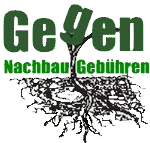
Working Group against replanting laws and fees
Sowing and harvesting and keeping the best for next years sowing is a fundamental principle of farming, now under threat. Seed companies no longer request just a single (fully justified) licence fee for their products, but demand continued fees for the next 25 to 30 years from farmers replanting their seed. We resist these replanting fees, raised since the end of the 90ies, and even more so the control measures seed companies try to impose on farmers and seed cleaners in order to enforce their demands. We are an association of organic and conventional farmers who want to stop the spying on farmes by the seed companies’ agencies and aim to re-establish the right to farm saved seeds.

The Edmonds Institute
The Institute is a non-profit, public interest organization committed to the health and sustainability of ecosystems and their inhabitants. It seeks to engage in projects that foster respect for and protection of the rights and health of all communities. The Institute focuses its efforts on understanding and sharing information about environmental, human rights and human health, and economic impacts of technology and intellectual property policies. The current emphasis of its programs is on: (a) biosafety and the legally-binding international regulation of modern technologies, b) intellectual property rights and just policies for the maintenance and protection of biodiversity, including policies that foster recognition and sustenance of agricultural biodiversity, and (c) exploration of the ethical implications of new technologies.
The Institute does research, answers inquiries from people the world over, publishes policy analysis and scientific thought pieces, distributes the best information it can discover, sponsors public workshops, provides speakers to university and community audiences, and brings expert witnesses who share the concerns of the Institute as well as persons whose lives have been affected by technology policies to national events and to international bodies engaged in decision-making. It also disseminates information about and criticism of technology assessment, encourages pro bono research and policy analysis by scientists and scholars, and seeks to create alliances and coalitions with like-minded organizations and individuals.
